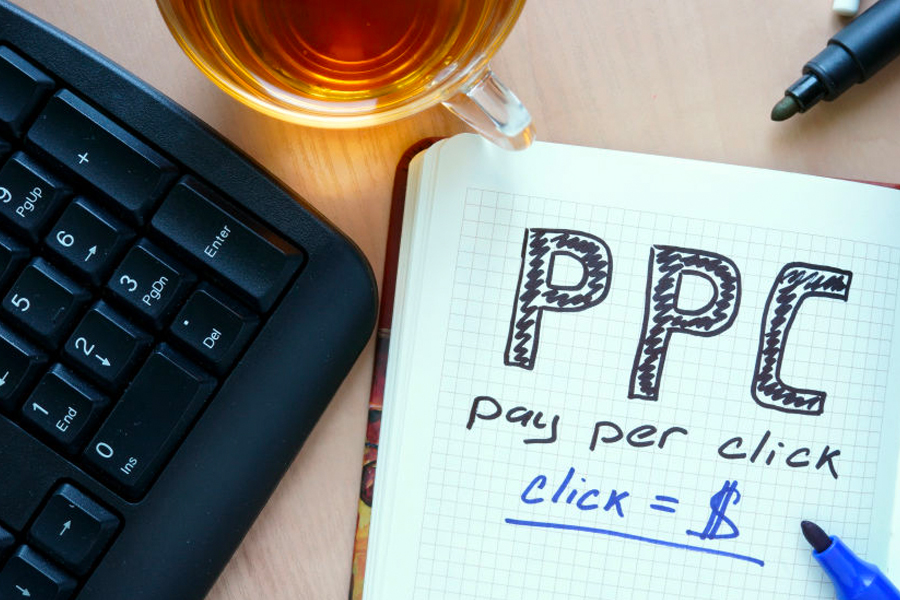
The digital competition of enterprises is as aggressive as the traditional arena. To remain competitive, companies employ various strategies to gain an advantage over their rivals and get more sales.
One of these strategies is pay-per-click (PPC) advertising. It is a type of internet marketing that drives traffic to a website by posting ads on platforms (e.g., Google Ads and Facebook Ads). Every time the ad is clicked, the advertiser – the company – pays the publisher a fee. In contrast to other marketing techniques like search engine optimization (SEO), PPC advertising is paid to display the ad at the top and foot of the search engine results page (SERP) and is usually managed by a PPC company.
To successfully do a PPC campaign, the company must choose a bidding strategy. PPC or keyword bidding is like an auction where advertisers place their tender to secure the ad placement at the top of the SERP.
Bidding strategies could either be manual or automated. Manual bidding is where the advertiser is the one making decisions and actions on their PPC account, like setting the maximum cost-per-click (CPC) for the ads. On the other hand, automated bidding uses artificial intelligence (AI) or other smart tools to optimize bids according to the company’s PPC campaign goals. While manual bidding lets the advertiser maintain control over the details, automated bidding reduces the time and effort spent on managing the campaign.
Other tips to creating an effective PPC advertising plan are conducting keyword research, competitor analysis, and optimizing landing pages. Learn more about running a successful PPC campaign and where to get the best PPC services in an infographic from Digital Marketing Agency.


